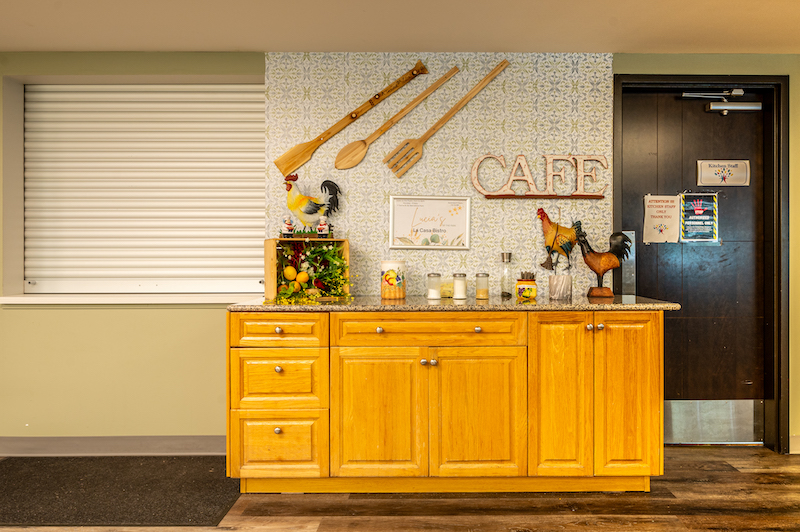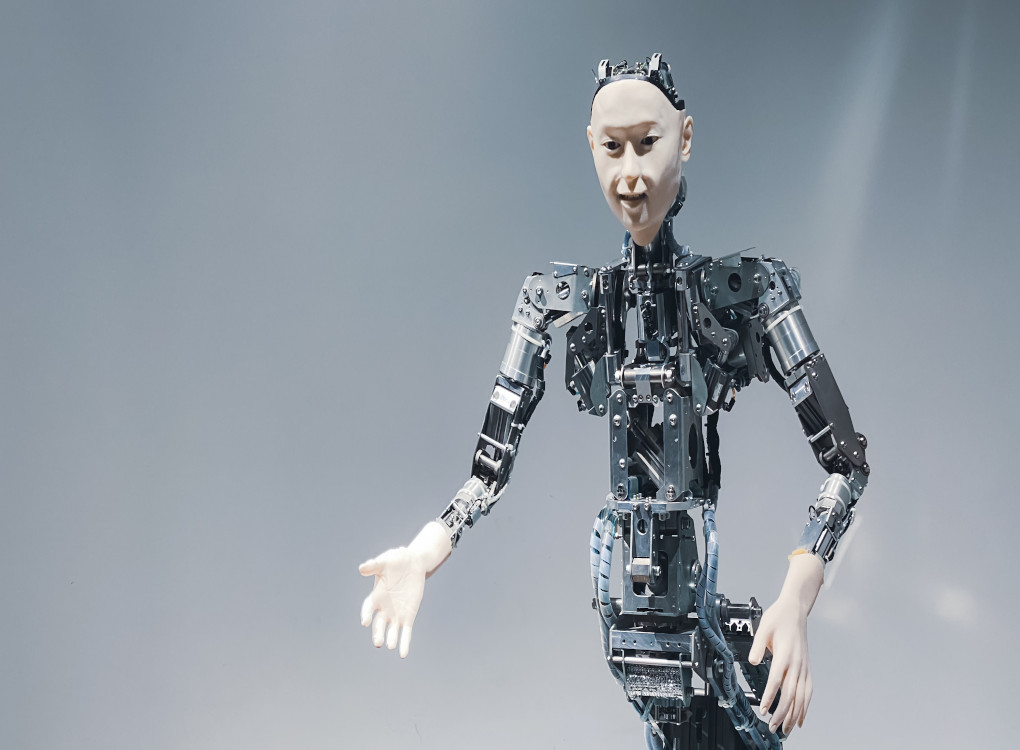Blog
Jobs Lost to Robots
I came across an interesting tool, recently developed, that predicts the risk of a particular job classification being done by robots. This only considers factors in the job duties. If your employer is determined to bring in robots, this tool has no connection to that scenario.
I’ll pull the bandaid off quickly. Physicists as the safest from automation, while meatpackers and slaughterhouse workers have the most at-risk jobs.
Years ago, when robots started to do repetitive work, I thought the list of jobs at risk was negligible.
Big-scale manufacturing was prominent. Cars are an obvious example.
Gradually, the various automated tasks to build a car moved from just shaping sheets of mental to close to 100% of the build. I was watching a fly-through via drone of a Tesla manufacturing site. There were hardly any people at the assembly functions.
I remember reading about automating the grocery store checkout years before they appeared in stores. Now it’s mainstream. It works most of the time, even knowing I put the lightest bags on the scale before it was ready.
Distribution centres such as the ones Amazon has are so automated. YouTube shows pictures of multiple football field-sized buildings with robots racing about – not a person in sight.
I’m trying to unstick myself. I now realize that anything will benefit from robot involvement, even if it is only a portion of the whole process.
Microsoft, which owns LinkedIn (think digital database of business cards), has automated some functions in its sales department. This time it isn’t robots, specifically, but Artificial Intelligence (AI).
For a layperson like myself and this blog’s purposes, they represent similar threats to the available employment pool. Microsoft’s AI figures out ahead of time which account members are likely not to renew, might be interested in upgrading, etc. All this used to be done by salespeople. Eventually, Microsoft won’t need as many. Each salesperson will be able to attend to the needs of many more account members.
On a scale of 0-100, with 0 being no risk of robotization and 100 being almost certainty, physicists were rated 43 while meatpackers scored 78. This was based on 967 jobs that were studied. Physicists came first, and meatpackers came 967th. That’s first and last place taken care of.
Here are a few more markers to help you with your bit of a think; models were 927, singers were 633, actors were 480, film directors were 257, barbers were 869, and bartenders at 722.
I tried not to jump all over those ratings but cautiously stepped back. I’ve been blindsided too many times in the past.
Please give this a bit of a think. Pick one of the jobs you held or are now employed in. Where would you rate id on the 100-point scale? Now rethink that rating and try to think of ways it could be automated. Did that change your score? If you are in the workforce, this can be a scary thing to do.
I’m curious about your thoughts. Please share your bit of a think below.
Photo by Taiki Ishikawa on Unsplash
If you enjoyed The Blog, please share it with others. Thanks.
And my thanks to St. Albert Seniors Association: 780-459-0433 for making this Blog possible.

Volunteer Blogger











My job as an EA (Educational Assistant) will be very low on the list for automation. For example today an 8 year old was having a meltdown in class during which he toppled two desks. I can’t quite see the robot being activated in order to calm him and his classmates who were frightened. Then again maybe the robot would have been a good distraction. Personally I think every school should have a dog for creating a calm and safe environment.
Good point. However, every time I think of a ‘no robot situation’ – I’m wrong. Take parcels or the delivery of blood or other urgent medical supplies, yup, drones ate now doing it.
From a regular reader, received via email. Posted here with the writer’s permission.
Just a short reply: back in 1966 I was a summer student at the UBC Research Farm at Oyster River, Vancouver Island.
One of the jobs was working in the milking parlour, where over 100 cows were milked for the Comox Creamery (subsequently bought by Dairyland).
A few years ago, I went to an open house that demonstrated a robotic milking parlour: a benefit to both the cows and the humans involved.
The UBC Farm (1/2 way between Courtenay and Campbell River) was later sold, and the dairy operation moved to Agassiz on the mainland; the farm is now a distillery operation.
This is a very interesting topic Glenn! I jumped right ahead and took a look at TRENDING SCIENCE: Will you lose your job to a robot? cordis.europa.eu and clicked on the tool that you mentioned to predict the risk of a particular job. They call it automation risk index (ARI). I entered my job title, Educational Assistant for Special Needs. They didn’t exactly have that exact job title but close enough. According to the index, my job has an automation risk index of 0.58. So, I guess Patti and I can rest assured that we’re as safe in our jobs as a physicist.
I took another dive into how robots might be able to help children with autism. There’s a lot of research going into A1-robots and how they can help children who have difficulty reading emotions. Autistic children have superior visual thinking but they’re poor with social interactions. They lack “Theory of Mind.” Technology is so advanced now that there’s software to track facial expressions. I’m sure that the tech geniuses will come up with visual ways for kids to interpret or imagine what other people’s thoughts and feelings are. Some day. Technology is so fast moving – anything is possible. Maybe replacing humans with robots isn’t such a bad thing. I mean, I think we need to see this as an opportunity, not a threat (as if we have a choice). Like who wouldn’t want to have a “Rosie the Robot” from the Jetsons serve up our meals, get our slippers and perform other human tasks? Only joking. The thing is, robots can never replace the human connection. They lack creativity, strategic thinking, emotional intelligence and empathy.
Thanks for adding so much to my own ‘bit of a think’